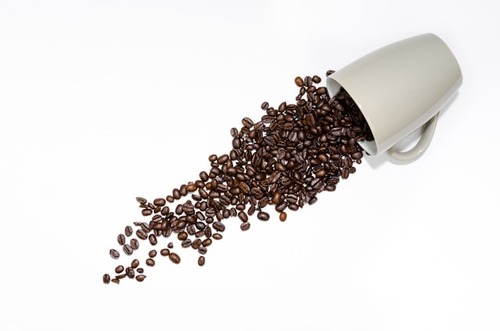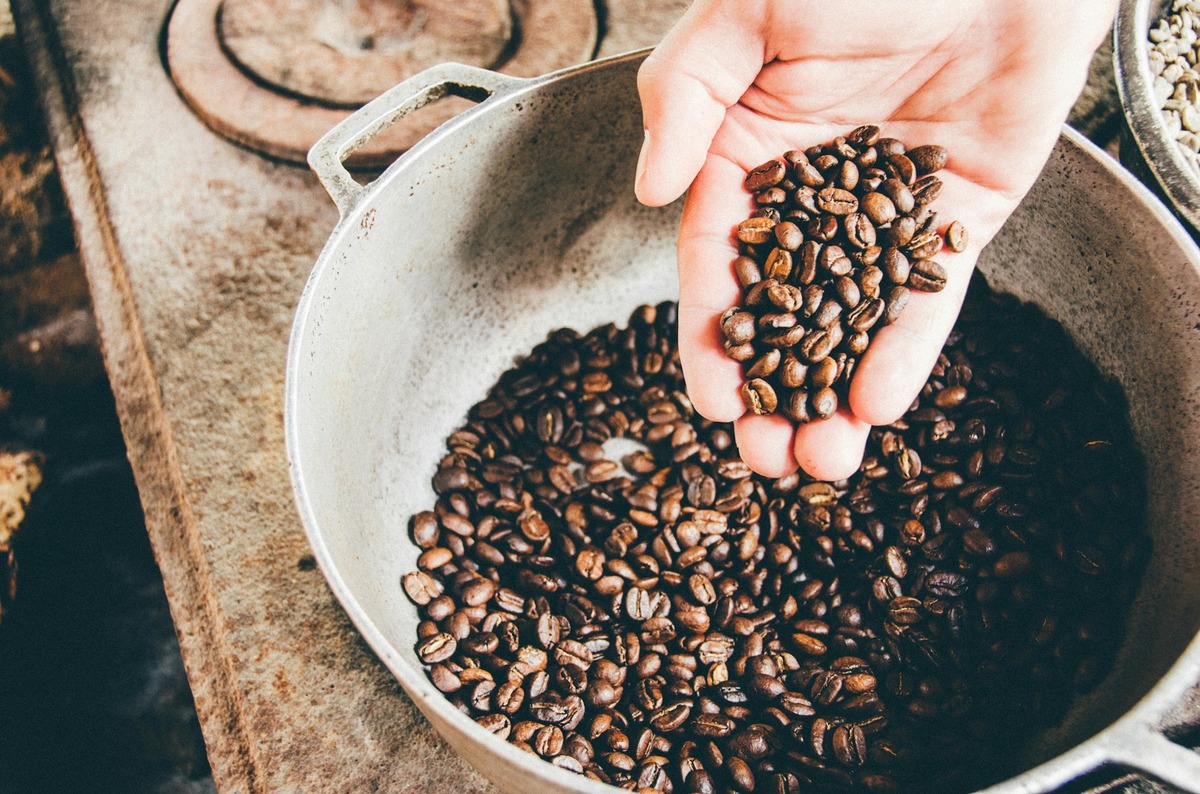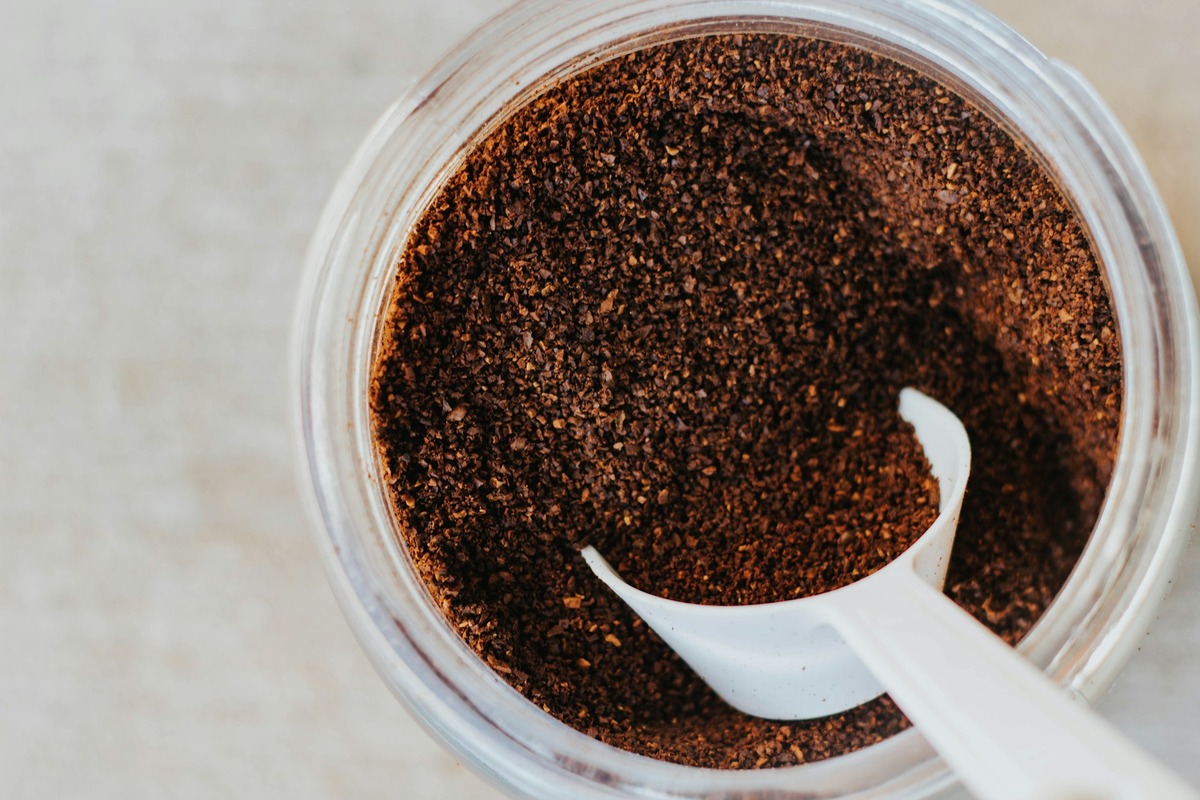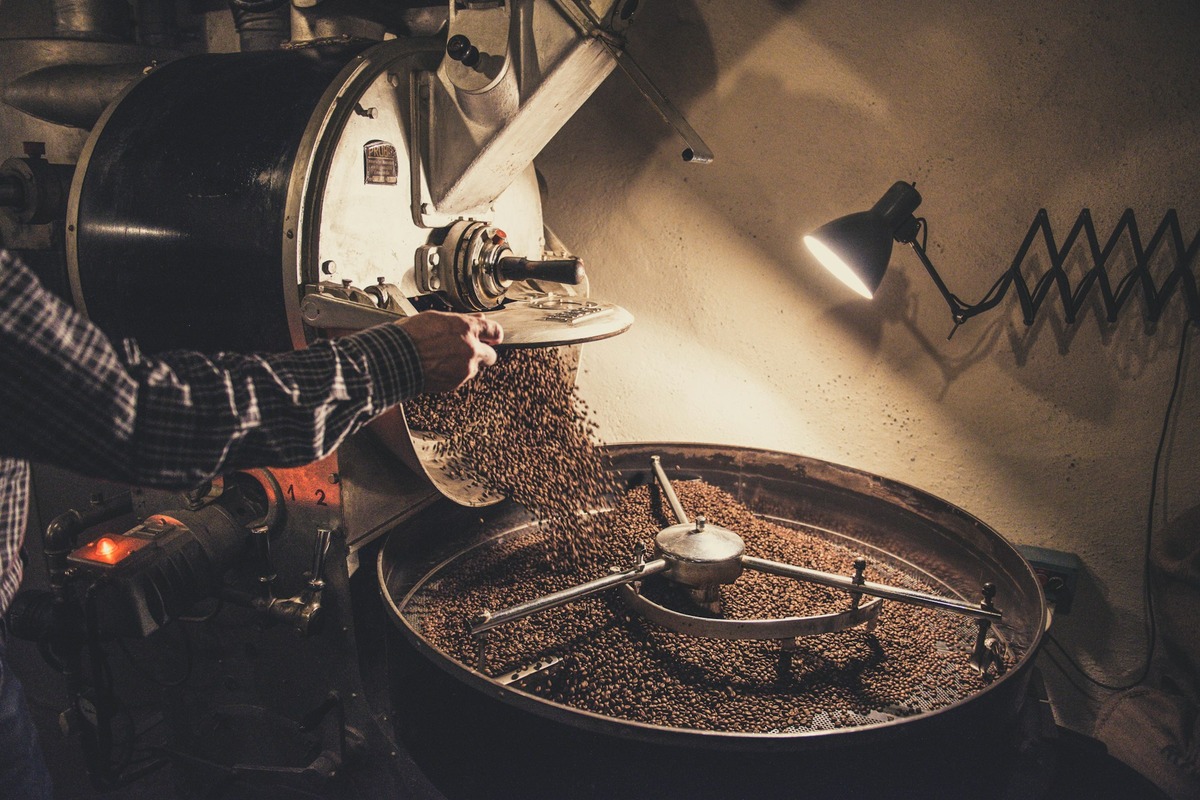Independent scientific evidence shows that consuming decaffeinated coffee, like consuming all types of coffee, is associated with many unique health benefits, including longer life expectancy and a lower risk of several types of cancer and chronic diseases.
More than 90% of American coffee drinkers choose caffeinated beverages, but decaffeinated coffee is a great option for those who want to enjoy the taste and social connection of drinking coffee without the energy boost of caffeine.
Looking for information about California and the FDA’s assessment of decaffeinated coffee safety? Learn why activists’ unscientific proposals to ban decaffeinated coffee and pursue misleading warning labels should be rejected.
How do you decaffeinate coffee?
Like regular coffee, decaffeinated coffee is made from unroasted green beans. To dissolve and remove caffeine, hard beans are heated and soaked in liquid in one of four ways; the most common is the European method.
All decaffeination methods rely on chemistry to extract the caffeine naturally occurring in coffee beans, and all are equally safe. Once the caffeine is removed (at least 97%), the beans are washed, steamed, and roasted at very high temperatures, which evaporates all or almost all of the liquid used in the decaffeination process.
How much caffeine is in decaffeinated coffee?
Decaffeination removes about 97% or more of the caffeine from the coffee beans. A typical cup of decaffeinated coffee contains about 2 mg of caffeine, compared to a typical cup of regular coffee, which contains about 95 mg of caffeine.
Is decaffeinated coffee safe? Are there any safety risks from the decaffeination process?
All decaffeination methods rely on chemistry to extract the caffeine naturally occurring in coffee beans, and all are deemed safe by food safety agencies in the United States, Europe, and around the world. Like all coffee, decaffeinated coffee is safe to drink and can be part of a healthy diet.
Regardless of the decaffeination process used, after the caffeine is removed (well, at least 97%), the coffee beans are washed, steamed, and roasted at temperatures that evaporate the liquids used.
For the most common decaffeinated coffee (European method decaffeinated), the U.S. Food and Drug Administration (FDA) has set a strict standard of 10 parts per million (the equivalent of 10 drops of water in 10 gallons) for tiny traces of methylene chloride, and said the risk to consumers from drinking European method decaffeinated coffee is “basically nonexistent.”
Is decaffeinated coffee healthy?
The overwhelming body of independent scientific evidence shows that consuming decaffeinated coffee, like any other coffee, is associated with numerous significant health benefits, including longer life expectancy and a lower risk of several types of cancer.

A very large, well-designed study using data from the UK Biobank found that drinking 3 cups of any type of coffee per day was associated with a 12% reduction in overall mortality, and the study states that “similar associations were found for instant, ground and decaffeinated coffee…”
Numerous health authorities confirm the evidence that drinking coffee (decaffeinated and regular) is associated with important health benefits:
● In 2016, the World Health Organization’s International Agency for Research on Cancer (IARC) placed coffee consumption in the lowest risk category, finding that coffee is probably not carcinogenic and may protect against some cancers.
● The California State Science Agency concluded in separate opinions: “A large number of human studies taken together show insufficient evidence that coffee drinking causes cancer. Coffee drinking even appears to reduce the risk of liver cancer and endometrial cancer.” .
● The American Cancer Society updated its dietary guidelines for cancer prevention in 2020, concluding that coffee reduces the risk of skin, mouth and throat cancers and probably also the risk of liver and endometrial cancer.
● The American Institute for Cancer Research recommends drinking coffee “regularly.”
● The World Cancer Research Fund says: “…there is strong evidence that coffee reduces the risk of liver and uterine cancers. There is also evidence that coffee reduces the risk of cancers of the mouth, throat, larynx and coat.”
How much caffeine is too much?
Regulatory and health authorities in the United States and around the world have concluded that moderate caffeine intake can be part of a healthy diet for most adults: generally up to 400 mg per day, or about 4 to 5 cups of coffee. Guidelines may vary for people with certain medical conditions.
When considering caffeine intake, keep in mind that caffeine is found not only in coffee, but also in other foods and beverages, so consider all possible sources. Every body is different, so everyone should consult health recommendations from recognized authorities, listen to how their body reacts to caffeine, and consult their personal physician if they have any questions.










